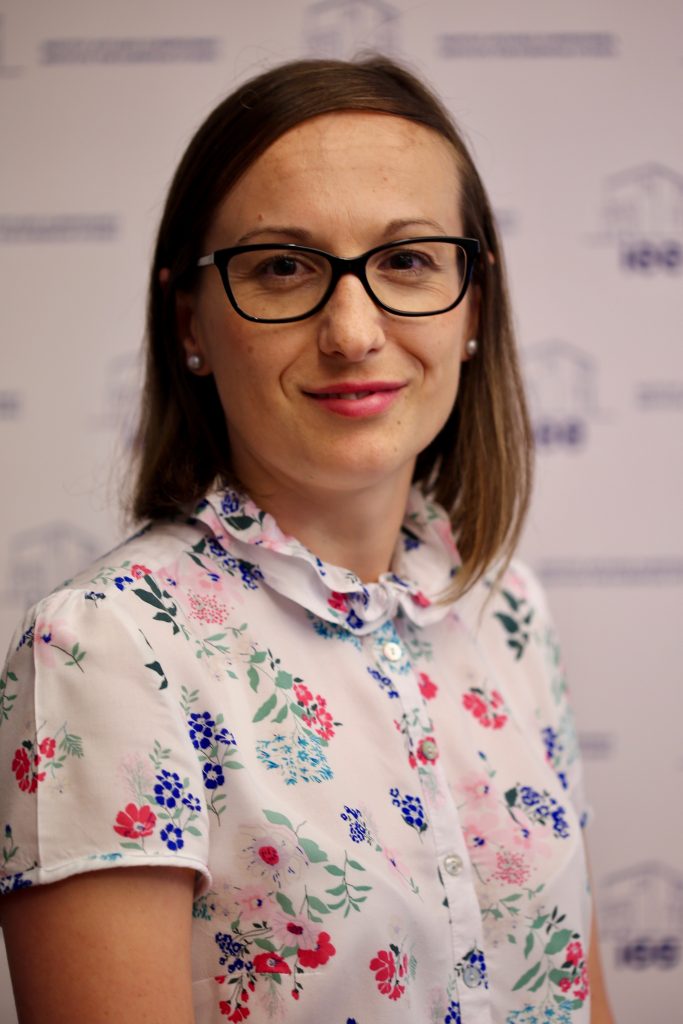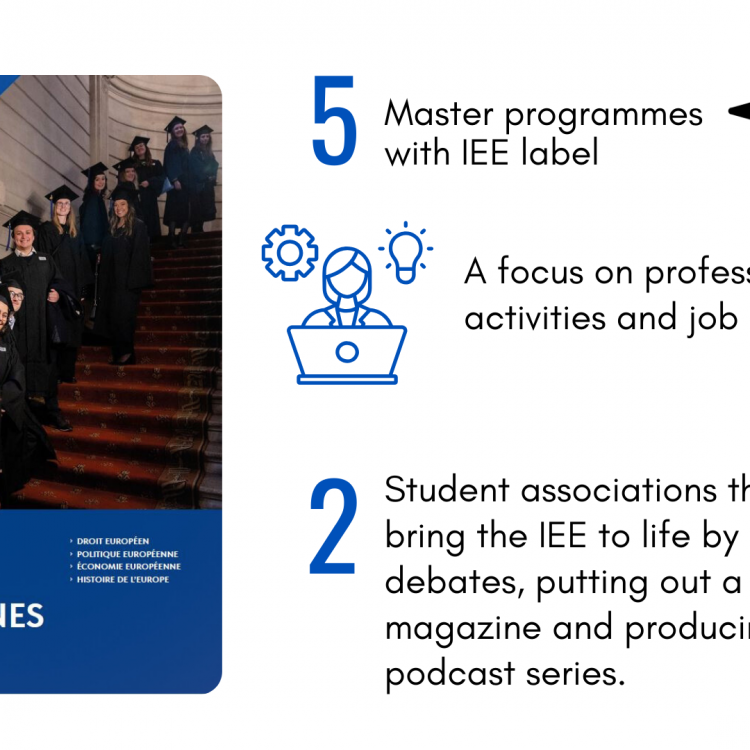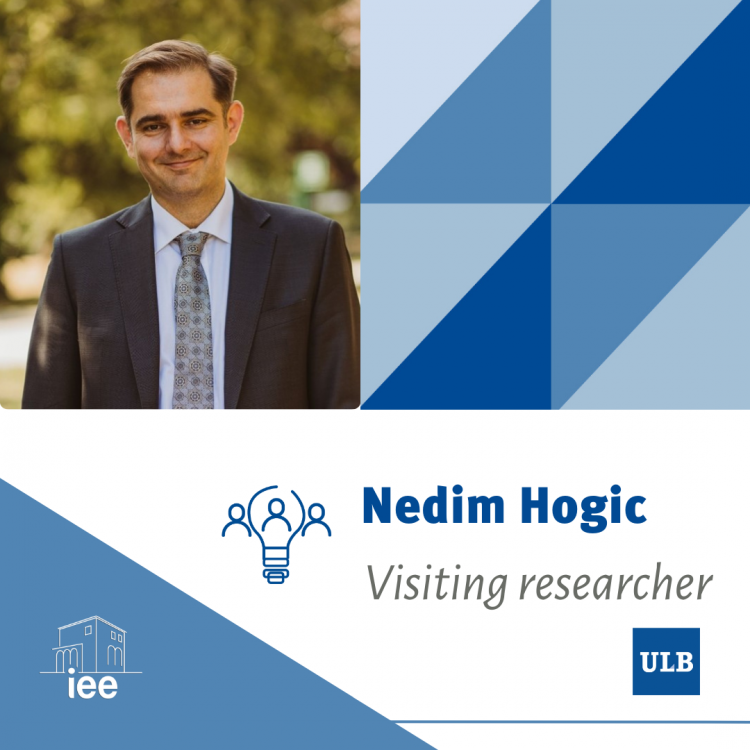Simon Clavie, the author of this article, is a graduate from the Specialized Master in European Law, organized by the Faculty of Law and Criminology under the IEE-ULB label
The Institute for European Studies of the ULB organizes since December 2017, in coordination with the CEVIPOL and the support of the Faculty of Philosophy and Social Science, a series of conferences on the state and the future of the European Union. This chain of events is coordinated by Ramona Coman, professor at the ULB and director of the Institute for European studies. Following an interview with her, we present you this project aiming to make the Europe more understandable for the ULB community and beyond.
The goals, the purposes and the approach
The initiative to organise this series of conference emerged in 2017, following to a simple, but challenging observation: in Belgium, few people know the political, economic and social situation of the other Member States, in particular those which do not share a border with the kingdom. The approach adopted for these conferences is comparative and dynamic: the aim is to make clear the issues and political movements for people who are foreign to this problematic, and then try to reconcile citizens from the center of Europe and from its periphery. Moreover, the context of campaigning for the European elections of 2019 makes more urgent the need of a better understanding of European issues, particularly the notion of European integration, often damaged by pollical breaks between the east and the west, the north and the south.
The program of conferences counts in this regard some beautiful success. Thus, if February, the professor Christopher Bickerton of the Cambridge University came to discuss about Brexit and the vision of the left on that subject. Just after the national elections in Italy, a panel has been organised to explain the results, with a focus on the elective sociology, the use of populism for some parties and the implication of this election for the EU. And this is not over! On October 2nd, we held a conference on the state of the Greece following the debt crisis will stand and had, as a speaker Dionyssis G. Dimitrakopoulos, professor at the University of London and IEE-ULB graduate, who will present the approach for Greek political parties of the EU and the Economic and Monetary Union.
The speakers and the choice of the subjects
The speakers are academics, but also practitioners, like diplomats or members of political institutions of the EU, from Belgium but also from other States of the Union. It is generally professor Ramona Coman who proposes the subjects of debates in coordination with the researchers affiliated to the IEE-ULB. This selection is based on the great events that mark the rhythm of the political life of the European Union. Thus, after the elections in Hungary, Laszlo Andor, Hungarian ex-commissioner, professor at the IEE-ULB and at the University Corvinus in Budapest, examined the political situation in this country and the role of the Visegrad group in the European integration. Another example, at a time when the economic monetary politic of the EU remain a subject of big current events, a conference on the lessons for its future will take place in November with the participation of the professor Kenneth Dyson From the University of Cardiff.
The public interested in these conferences is very diverse. The academic community composes only half of it, in place of the big majority of the audience of the conferences at the university. The rest comes from the civic society, following closely the European actuality.
And for the future?
For the rest, a few subjects are considered :
- First, a subject which remains highly on the agenda, unfortunately : the rule of law. Some conferences will be organised along the year around this theme, with the participation of representatives of European institutions, like the Parliament, the Commission and the Council.
- In February, an new conference will cover the social and economic issues of the European integration, subject of a great importance for the majority of the European citizens. It has, as main speaker the professor Antoine Vauchez, Director of research at the CNRS, co-author of the treaty on the democratization of the Europe.
- A little bit before the European elections of May 2019, the IEE-ULB foresees to organize a debate between the main candidates to the presidency of the European Commission. The objective will be to follow closely the process of designation of the candidates among the European political parties and to discuss of their priorities (political manifestos) for the EU after 2019.
Follow closely the events related to this series by checking out the IEE-ULB agenda.
Do you want to master European intragation? Check our programmes in European Studies on our dedicated pages.




